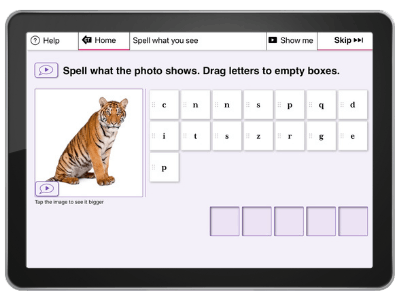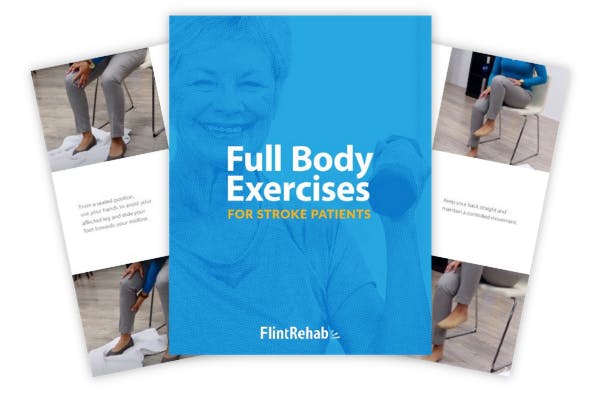10 Cognitive Exercises for Stroke Patients to Help Improve Mental Clarity

While designing your cognitive therapy regimen, it’s important to include activities that exercise your visual/spatial processing. This includes tasks that challenge you to identify visual differences and how they are positioned in a space.
The What’s the Difference app is a great example. It challenges you to find one small difference between two otherwise identical pictures. You can use this app as part of your cognitive therapy regimen.
3. Alphabetize Sentences
For analytical reasoning as a cognitive exercises, all you need is a pen and paper and some reading material. Take a sentence, and write it down. Then, re-write the words in alphabetical order. This sequencing is a therapeutic activity for the brain.
4. Count Money
This cognitive exercise helps with quantitative reasoning. Place a handful of varied coins on a table. Gather 10-20 random coins and count the total value. Counting will help stimulate the brain and improve cognitive function.
5. Brain Teasers
“Brain teasers” like Sudoku, word searches, and crossword puzzles are excellent cognitive exercises for stroke patients. They are challenging and can improve your analytical and quantitative reasoning.
6. Simon Memory Game
The classic game of Simon is effective cognitive therapy for stroke patients, and focuses memory skills. The device highlights a pattern, and you must recall the pattern. It starts with a short sequence and grows longer each time.
7. Board Games
Classic board games and card games are great cognitive exercises for stroke recovery. To stimulate the cognitive skills of scanning, deductive reasoning, split attention and organization, consider Checkers, Connect Four, Rumikub, Mahjong, Rush Hour, Set, Blink, Spot It, or Qwirkle.
8. Strategy Games
If you don’t have any games lying around the house, you can check online for some free options. For example, Games for the Brain has an abundance of online games for you to try. Generally, games that require memory or strategy can double as great cognitive therapy.
9. Cognitive Therapy Apps

Cognitive therapy apps, like the CT Speech & Cognitive Therapy App is specifically designed for stroke survivors.
The cognitive exercises in this app were designed by Speech-Language Pathologists (therapists in speech and cognitive therapy). They include everything from visual/spatial processing to quantitative reasoning, and more.
10. Meditation Apps
Meditation has been shown to help stroke patients improve cognitive function as well as reduce stress and anxiety. Specifically, it improves the cognitive skills of attention, mental flexibility, and information processing.
There are many apps or YouTube resources that guide you through meditation or provide relaxing music. Your brain can only think of one thing at a time and when you can redirect your thoughts to something positive, it reduces your stress level and promotes clear thinking.
For example, Aura is a meditation app that gives you a different guided meditation every day. YouTube has multiple videos for guided imagery meditation for sleep, anxiety, and healing.
Getting Help with Cognitive Training After Stroke
If any of the cognitive training exercises above resonate with you, try to practice them on a regular basis. Repetition is key to recover after stroke, including cognitive rehabilitation.
Consider therapy with a speech-language pathologist that can create a custom regimen that targets your problem areas. If you do not have access to a therapist, try using an app created by speech-language pathologists, like the CT Speech & Cognitive Training App.
As long as you’re doing something therapeutic for your brain on a regular basis, you can maximize your chances of recovery.
Keep it Going: Get a Free Rehab Exercise Ebook (25 page PDF)

Get our free ebook filled with 25 pages of rehab exercises featuring photos of licensed therapists. Sign up below to get your copy!
When you sign up, you’ll also receive our popular Monday newsletter that contains 5 articles on stroke recovery.
We never sell your email address, and we never spam. That we promise.
